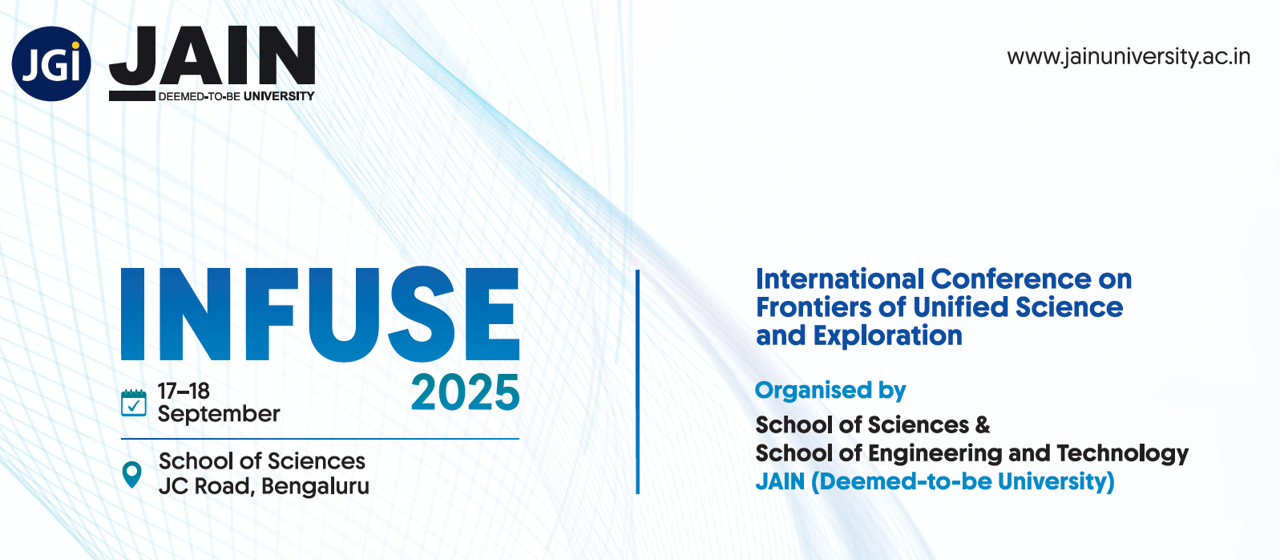Speakers
Description
The escalating plastic pollution crisis necessitates sustainable alternatives, with bioplastics like polylactic acid (PLA) emerging as a promising solution. This review explores the critical initial step: efficiently converting abundant agricultural waste into lactic acid, the fundamental building block for PLA. Repurposing starch- and cellulose-rich residues not only addresses waste management but also fosters environmental sustainability. However, challenges persist in achieving high lactic acid yields from diverse feedstocks and scaling production.
This work investigates various techniques to optimize lactic acid fermentation. We examine the efficiency of different agricultural residues, refine incubation parameters such as pH, temperature, and time, and evaluate synergistic microbial consortia, including Lactobacillus species and complementary fungal strains, to maximize lactic acid output. Starch-based feedstocks prove efficient, while cellulose requires pre-treatment. By providing insights into these critical factors, this review aims to guide the development of efficient and sustainable processes for lactic acid production, ultimately facilitating broader PLA adoption.

